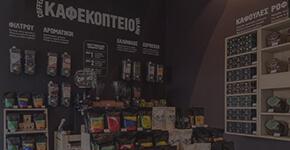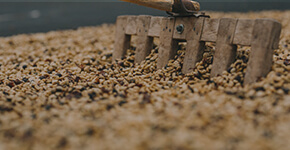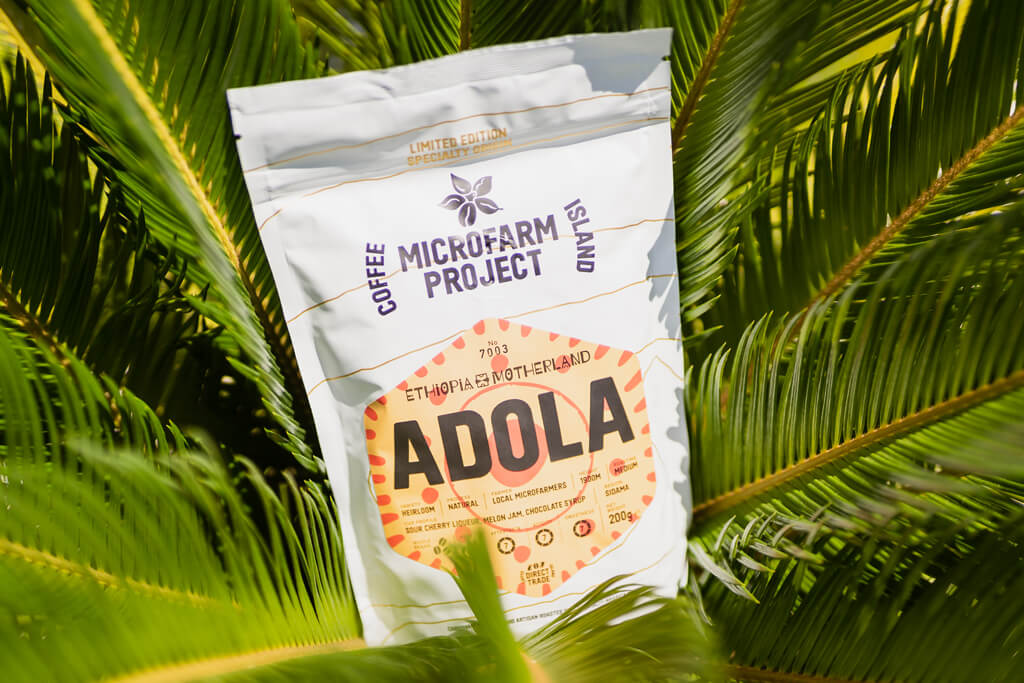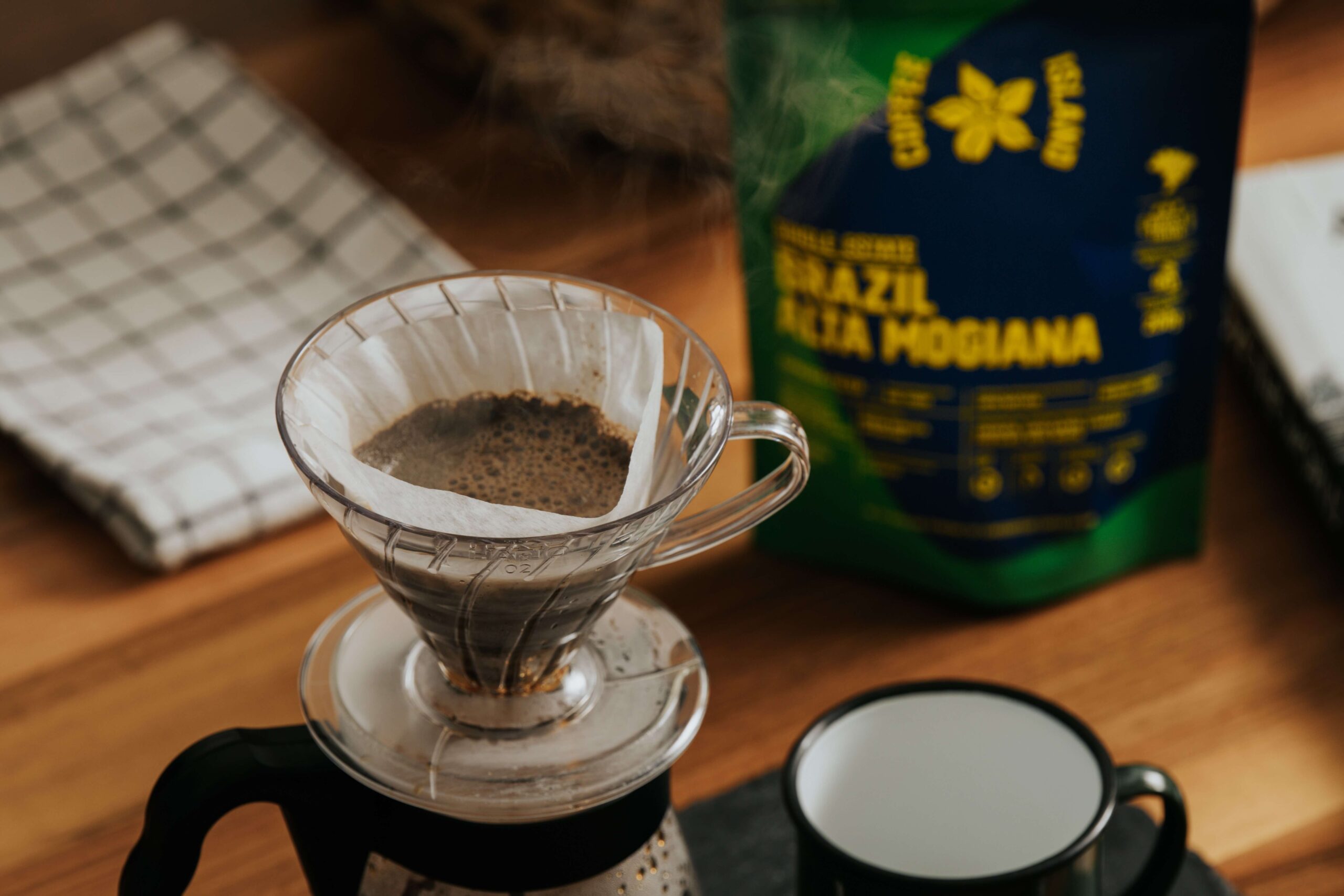This magical journey through the various tastes of Ethiopia has come to an end, at least for now! Let’s welcome Ethiopia Adola, the last chapter of this specialty Microfarm experience of aromas and tastes, coming to us from the Motherland of coffee.
This unique coffee is the 21st Microfarm Project and the 4th – and last – of the Ethiopia Motherland series. Don’t miss out on the opportunity to try it and… learn its unique secret! Let’s get to know it.
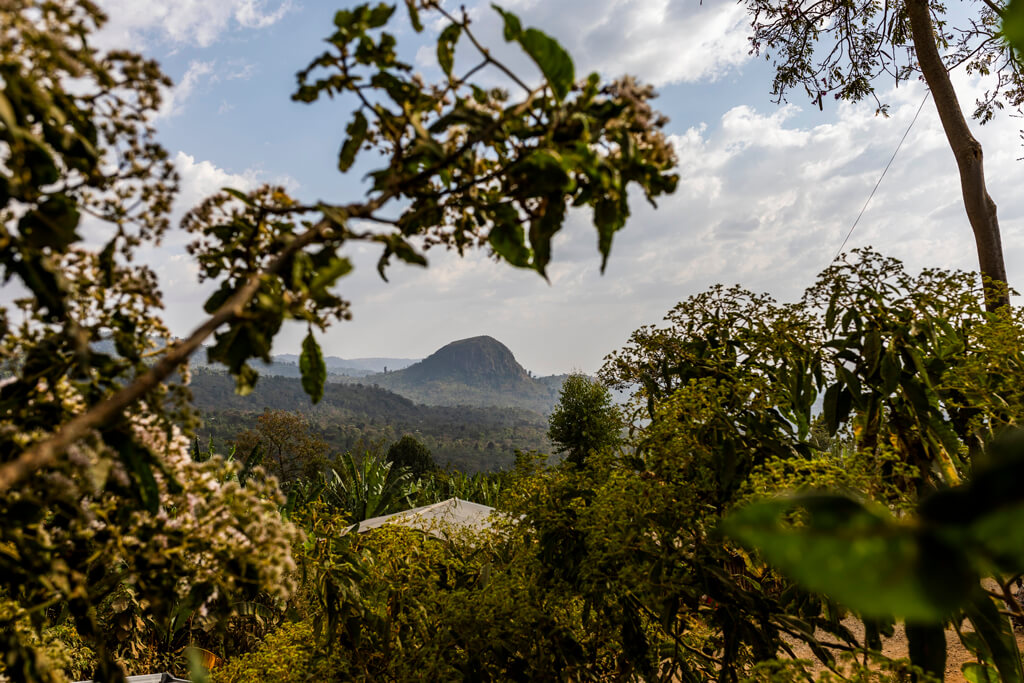
A tasteful ticket to Ethiopia.
Adola has its own special place on the coffee map. It comes from the region of Sidama and is harvested by local farmers in micro-farms at an elevation of 1900 m. Adola took its name from the name of its processing station. This limited and artisan roasted coffee will conquer your heart from the very first sip!

Its taste? More unique than ever.
How come? Thanks to its special taste profile: sour cherry liqueur, melon jam and chocolate syrup.

This 100% Specialty Arabica Heirloom coffee with its complex aromas, will definitely catch your eye and… palate.
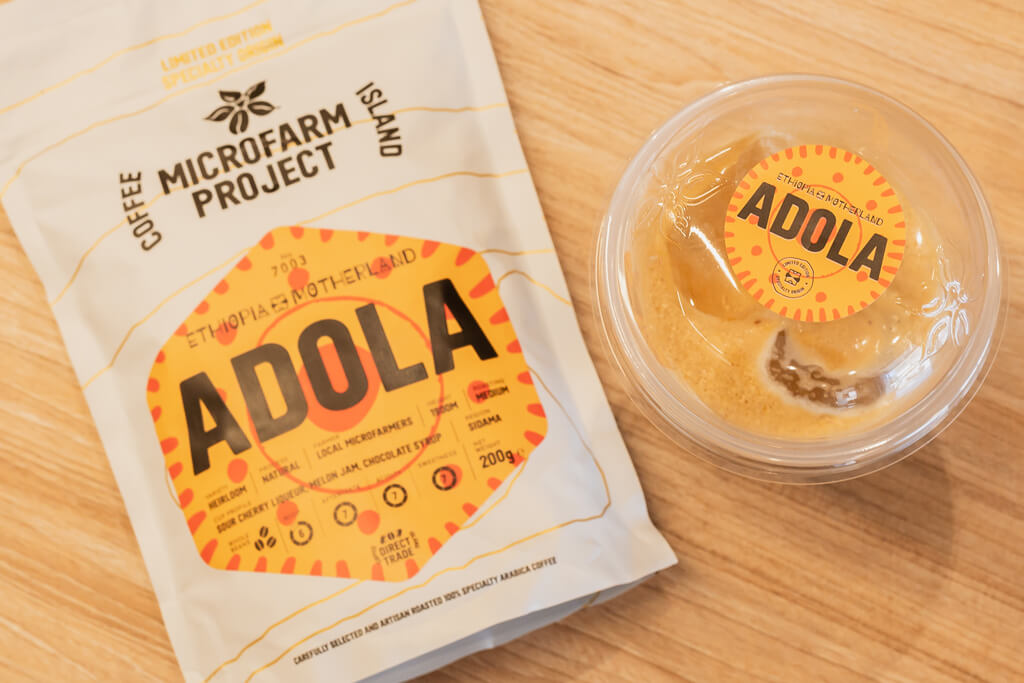
Its twist makes it unique.
What’s Adola’s ace up its sleeve? It’s this extra step the farmers take, right before the standard dry process and the medium roasting that follows. This particular process is based on a semi-anaerobic fermentation of a small portion of coffee. This procedure is very demanding and requires extra care and time, but it is crucially important when it comes to creating a unique beverage.
At the processing station of Adola, one of our stops in Ethiopia, our hosts told us that the entire country has been using the natural process method for about 100 years. Yet, they wanted to do something special and innovative and they did!
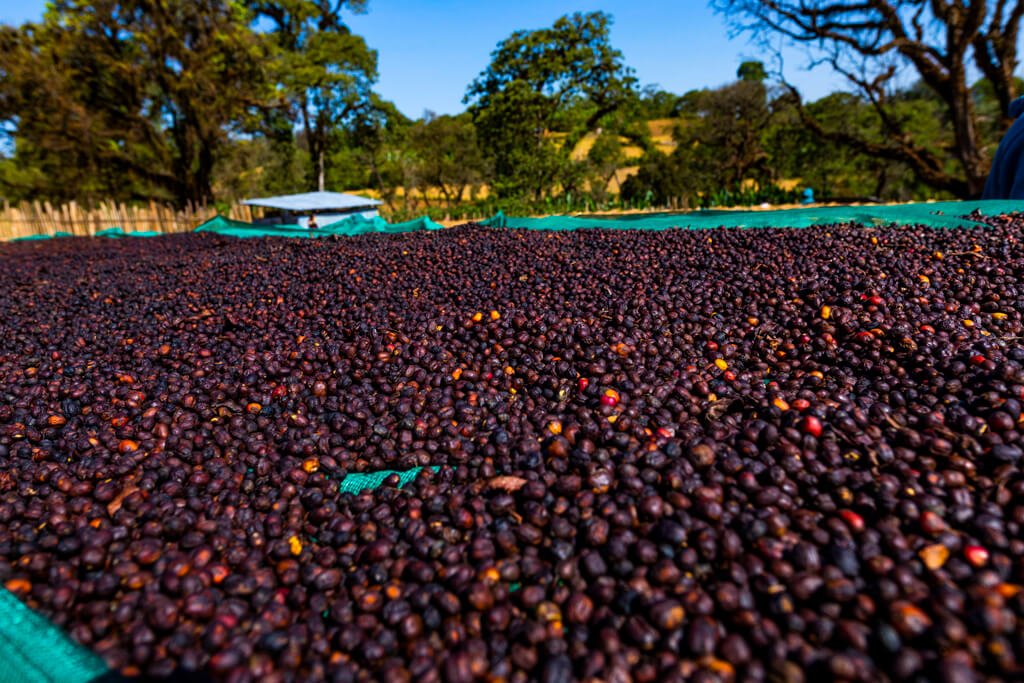
The first step is “careful picking”. What does it mean? It means picking only the mature coffee cherries from the coffee trees. The next step is the immediate sealing of the fruits in and then placing the beans on what is locally known as, “African beds” for approximately 6 days. After the dry fermentation is completed, the sealed fruits remain on the beds for another 2 weeks.
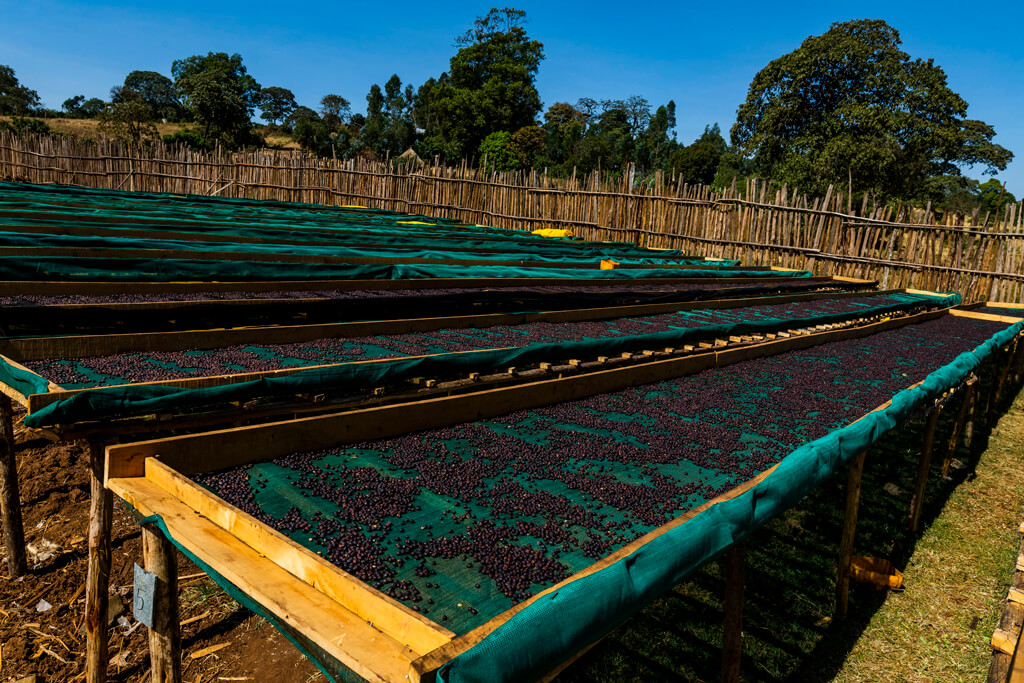
During this extra period of time, they reopen and close the sacs of sealed fruits very early in the morning and in the evening, when the temperature is cool in order to achieve slow drying. Why is it important? Because this is what gives this coffee its quality characteristics. For a more even result, they flip the coffee bean fruits every one hour.
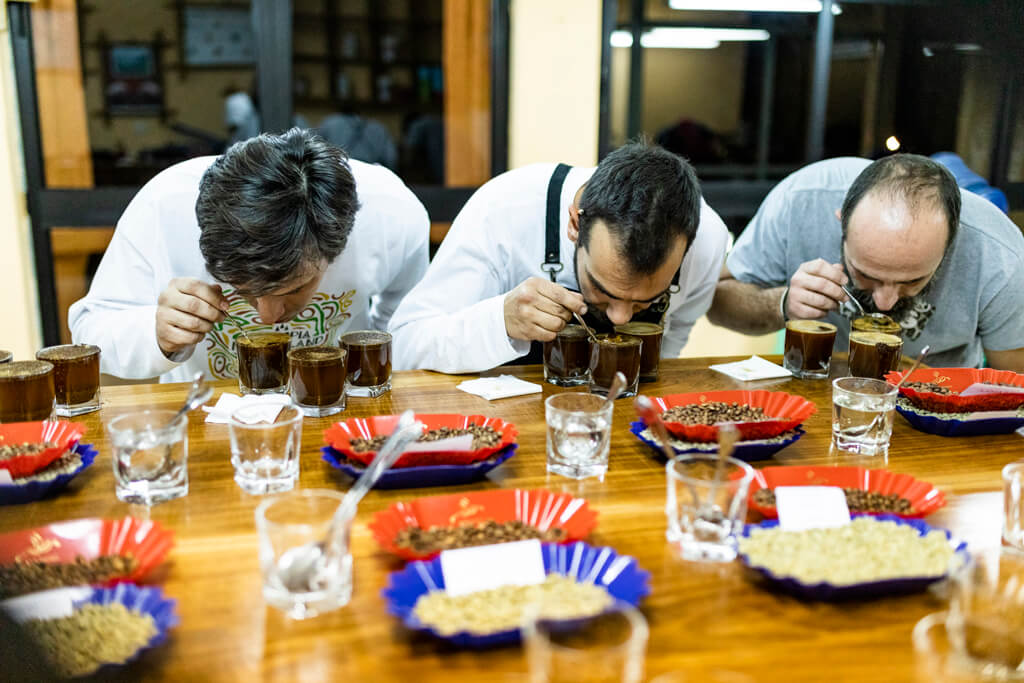
From the very first sip, our team realized they hadn’t tasted anything like it before and there was no coffee in Ethiopia that matched Adola’s taste. Its special flavor skyrocketed their experience.

Don’t forget…
To try this unique coffee, come in one of our shops or order online. Enjoy your coffee from the hands of our barista or your own. Make this limited coffee at home and earn your place between the #proudcoffeemakers.









